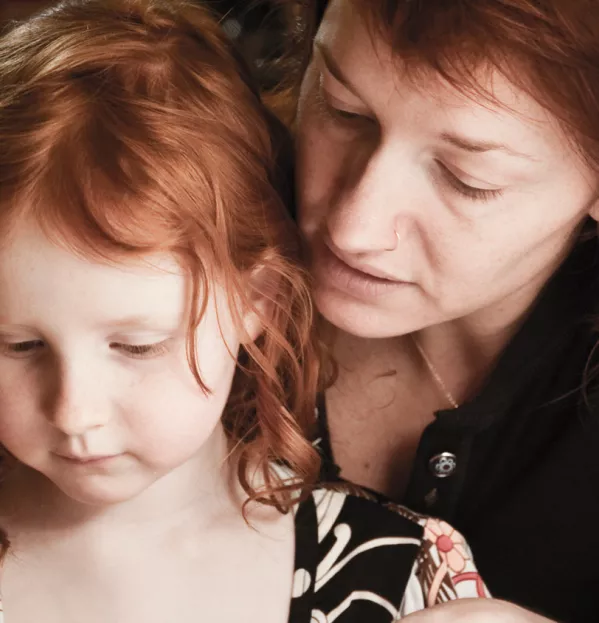Excellent but overstretched: the current state of teaching

Teachers are more knowledgeable, skilled and creative than 20 years ago, despite having to wrestle with a much broader range of tasks in school, MSPs have heard.
But staff are frequently in danger of being overwhelmed by their expanded responsibilities, and schools are increasingly turning to non-teaching professionals for help, the Scottish Parliament’s Education and Skills Committee was told.
The committee took evidence on closing the attainment gap from four expert witnesses, including Jamie Petrie, headteacher at Edinburgh’s Broomhouse Primary School. In a written statement, Mr Petrie raised concerns about the various negative media portrayals of teaching and complained that “All too often, education is blamed for society failing.”
Later, when addressing the committee in person, he said: “I look at the teachers that are coming into education now, the skills and knowledge and expertise they’re bringing in compared to when I started as a teacher 20 years ago, it’s far higher.”
He cited teachers’ use of research and creativity, a greater willingness to take risks and a general move away from didactic approaches in the classroom.
“It’s not about the teacher in the school saying: ‘This is what we’re going to learn.’ It’s about the children being involved in that process, which is helping with their emotional literacy and everything else that builds a bigger picture - all of that is significantly better than I can ever remember it being,” he told the committee.
Mr Petrie, whose school is in an area of high deprivation, said that the difficulties for teachers in bridging the attainment gap between rich and poor could be summed up by the millions more words a child who is read to from birth hears compared to one who is not.
But growing awareness among teachers of the social problems behind such gaps also meant “asking our staff to be skilled in lots of different areas”, he said. And it was crucial to tap into expertise from outside teaching. His school, for example, offers pupils play and art therapies and works closely with children’s charity Barnardo’s.
Support ‘at the margins’
Paul Clancy, Dundee City Council’s head of secondary education, told the committee last week that teachers were moving more into the “social sphere” of pupils’ lives, but should not do it on their own.
He felt that not enough use was being made of non-teaching professionals: “We’ve brought support staff in from the voluntary sector - the third sector - but it’s often just been at the margins.”
Even so, he had seen non-teachers’ influence on school life grow in recent years. Previously, he said, “you maybe got the occasional drama person coming in to do something”. Now, a glance at school visitor books would show myriad professionals and outside agencies going in and out.

Mr Clancy said that Dundee, one of nine main authorities to benefit from the Scottish government’s £750 million Attainment Scotland Fund, had based its bid largely around non-teaching staff such as speech therapists and family workers. The answer to closing the attainment gap, he said, was “not just more teachers - it’s high-quality learning and teaching, but balancing it properly with support staff”.
He also considered what schools offer to be far superior to two decades ago, because students, particularly those in the senior phase, were now spending more time out of their school pursuing courses best suited to their skills and interests, at schools, colleges and even universities.
“That whole notion of things just happening in the [same] building…has really broken down in the last 20 years, and we have a far better [range of] experiences for the youngsters in our schools.”
Lindsay Law, vice-convener of the Scottish Parent Teacher Council was, like Mr Petrie, concerned about unfair criticism of schools - and feared such criticism would only be exacerbated by the government’s plans for standardised national assessment.
“It may have unintended consequences through the harvesting of data by the media and others to produce league tables of primary schools: a process that will certainly lead to more placing requests and greater competition between schools and parents,” she said.
You need a Tes subscription to read this article
Subscribe now to read this article and get other subscriber-only content:
- Unlimited access to all Tes magazine content
- Exclusive subscriber-only stories
- Award-winning email newsletters
Already a subscriber? Log in
You need a subscription to read this article
Subscribe now to read this article and get other subscriber-only content, including:
- Unlimited access to all Tes magazine content
- Exclusive subscriber-only stories
- Award-winning email newsletters